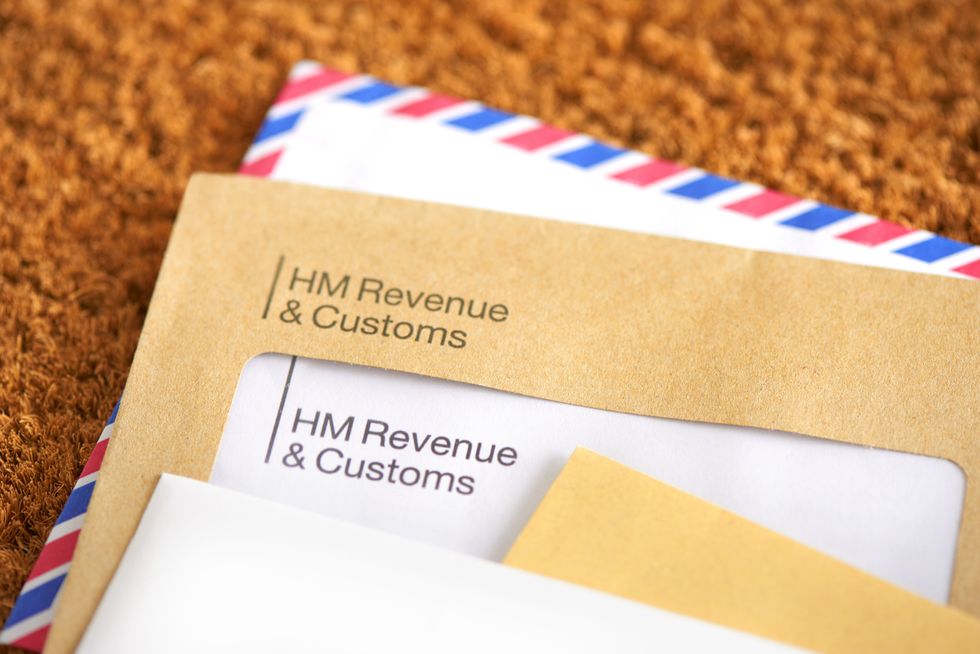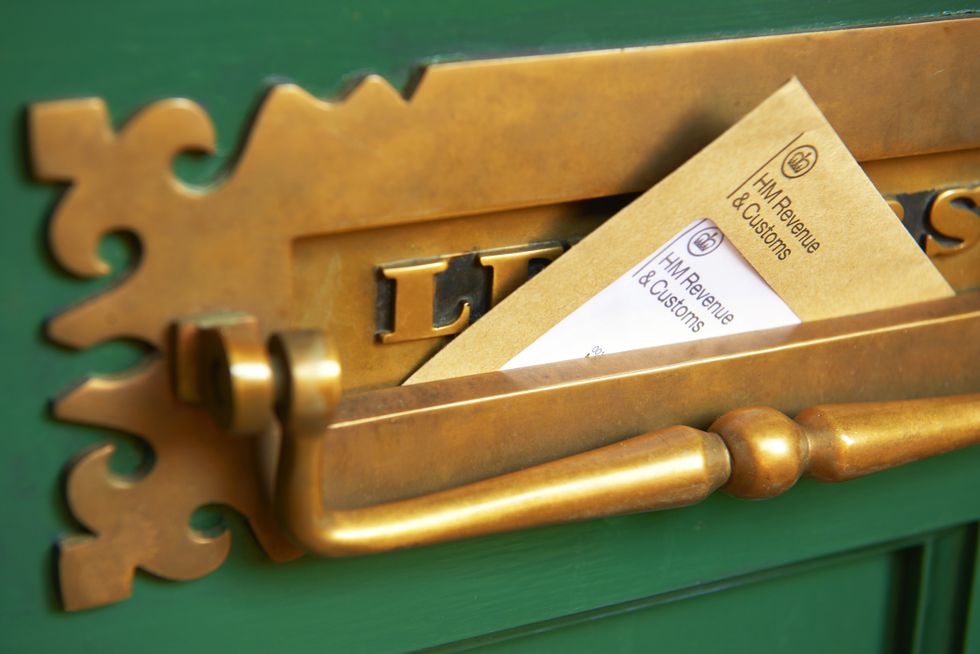HMRC sending out free government pension payouts by post – but expects most people 'won’t claim this money'
The payments will not be added to pension pots but instead paid directly to individuals’ bank accounts
Don't Miss
Most Read
Trending on GB News
Thousands of workers on low incomes are at risk of missing out on government pension top-up payments due to a little-known change in HMRC policy.
The new payments, which will begin this year, are designed to correct an imbalance in how tax relief is applied to workplace pension contributions for those earning under the personal allowance threshold of £12,570.
Workers in a "relief at source" (RAS) pension arrangement have historically received a 20 per cent top-up on their contributions from the government, regardless of whether they earn enough to pay income tax.
However, those placed in a "net pay arrangement" by their employer have not received this top-up if they are non-taxpayers, effectively missing out on government support.
Following a consultation in 2022, HMRC announced a new system to address this disparity.
Eligible individuals will now receive a direct payment into their bank account equivalent to the 20 per cent pension relief they would have received in a RAS scheme.
The change affects workers earning less than £12,570 per year who are enrolled in a net pay pension scheme through their employer.
HMRC will begin writing to those eligible and requesting their bank details in order to make the payment.

HMRC is urging low-income households to check if they can claim
GETTYHymans Robertson, a leading pensions consultancy, says employers have a key role to play in making sure staff are aware of the change.
It warns that many employees may ignore or dismiss the letter from HMRC, especially given ongoing concerns about scams.
Hannah English, Head of DC Corporate Consulting at Hymans Robertson said: "Employers should seize this unique opportunity to give their employees a boost of income without any expense on their balance sheet.
"Employers are often their staff’s first point of contact for financial advice. This makes them ideally placed to bring this change to the attention of affected employees.
"Staff could easily disregard a letter from HMRC and miss out on the top-up, which would provide additional income during the current cost-of-living crisis."

Many employees may ignore or dismiss the letter from HMRC, especially given ongoing concerns about scams.
GETTYThe consultancy points out that around 75 per cent of those eligible for the payments are women, due to their higher representation among part-time and lower-paid roles.
English said: "While this small detail may not sound like it has the potential to move the dial on the gender pay gap, it could certainly nudge it in the right direction."
The government expects the total cost of the top-up scheme to be up to £84million per year if all eligible workers respond and claim their payment.
However, HMRC has currently only budgeted £10m for this tax year and £15m for the following year, based on the expectation that most people will not claim.
 Thousands of people will get letters from HMRC GETTY
Thousands of people will get letters from HMRC GETTYEnglish added: "HMRC’s signal that it expects most people to miss their letters and not claim this money further compounds the call for employers to communicate the change to their employees."
The payments will not be added to pension pots but instead paid directly to individuals’ bank accounts.
HMRC has confirmed it will not send emails or text messages about this scheme and will contact people only by post.
Recipients are advised to check carefully that the letter is genuine and not to ignore it.







